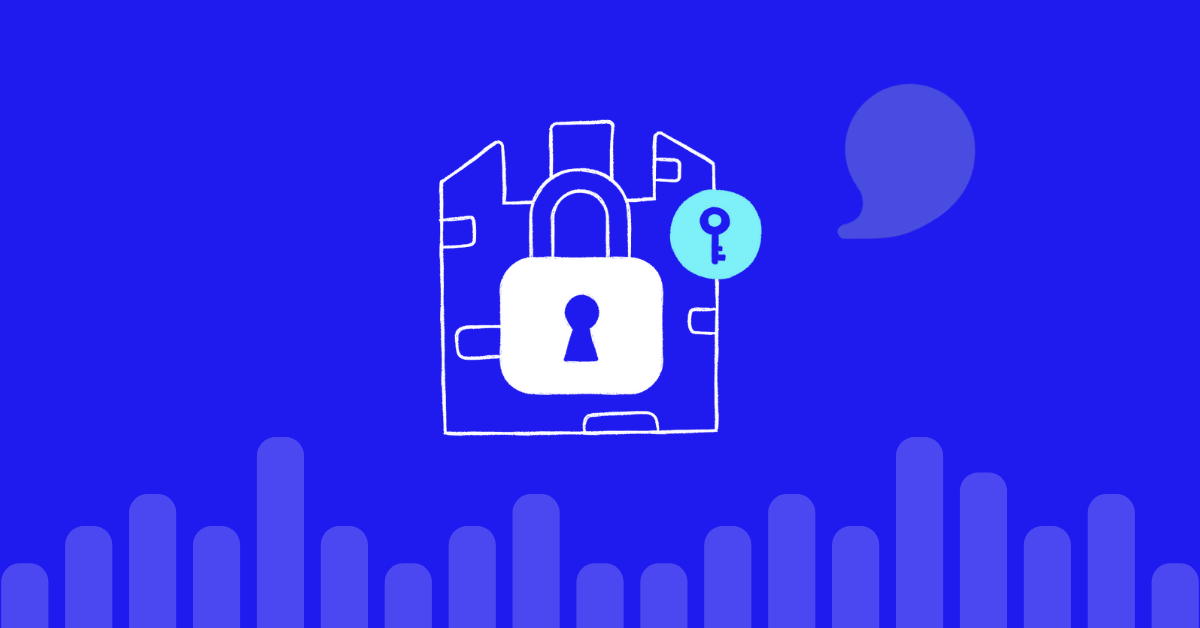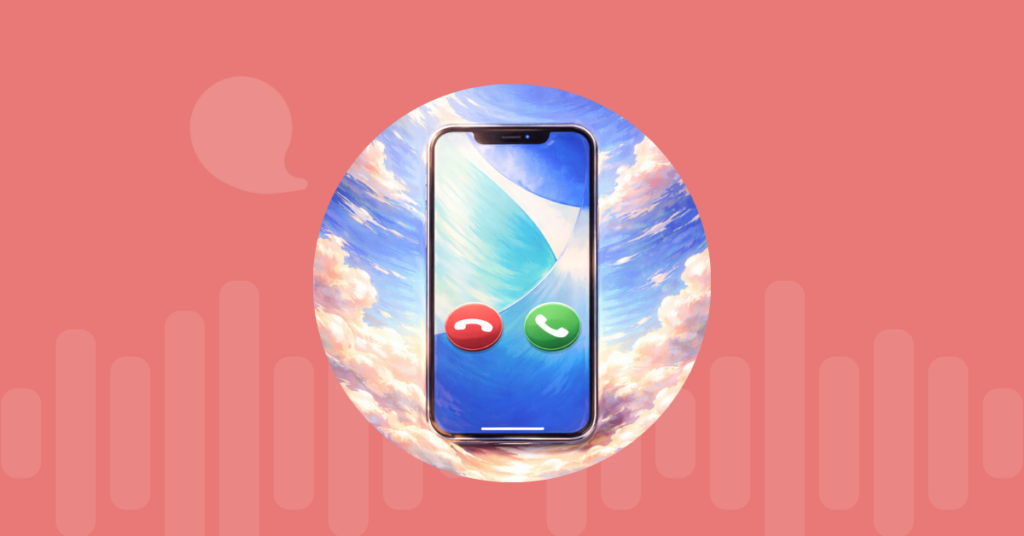
Table of contents
Security and privacy issues have been making headlines over the past few years and for good reasons. Data theft, network breaches, ransomware etc. are a serious threat to individuals and businesses alike. When a company suffers a breach of their systems, customers get affected if their data (credit card info, addresses, phone numbers etc.) is stolen. The biggest challenge in combating this problem is that hackers can use any enterprise system to gain unauthorized access – even your phones!
VoIP Phone Systems
VoIP phone systems can transform the way businesses function and communicate. The technology makes it possible for calls to travel over the Internet, thus eliminating the need to maintain separate networks for voice and other kinds of data. It costs much less than analog phone systems and streamlines the flow of communication.
However, it also means that the phones are vulnerable to the same threats as email or other computerized tools. If a business uses VoIP phones and is concerned about security, what can they do? Experts will agree that encryption is one of the best solutions if you’re interested in securing the privacy and security of business calls. But implementing it presents a whole new set of challenges. It’s not as easy as changing a setting or buying a new piece of equipment.
Why is Encryption so Hard?
Encrypting calls has value for enterprises – it protects privacy and ensures unauthorized users are not able to use the network. After all, you don’t want a competitor to find out about your latest marketing strategy or product launch by listening in on calls. Encryption can also protect your business from government surveillance – whether from your own or hostile nations.
Nevertheless, not all VoIP providers offer end-to-end encryption and not all businesses pay for the added value. Why does this still happen? That’s because enabling encryption on a network for voice calls is not as easy as it is for text or images.
Encryption Needs More Bandwidth
First of all, bandwidth is expensive. Many businesses have issues implementing VoIP in the first place. Things like jitter, latency, packet delays etc. can lead to poor quality audio, dropped calls, and missed conversations. Adding encryption will consume additional bandwidth and slow the network down. Not all businesses can afford to upgrade their network to accommodate encrypted calls. By the same token, providers cannot justify implementing encryption if their customers don’t ask or if they’re not willing to pay for it.
Encryption Standards and Protocols
Another issue with encryption is that not all methods of encrypting calls are equal. Many companies use proprietary algorithms to lock in their users to a particular network. For instance, a user on Skype cannot call a landline and expect it to be encrypted. You can only have end-to-end encryption if you’re calling another Skype user. This means that external consultants or experts cannot look through the code to certify that it is indeed doing what it is supposed to do. Users have to simply trust the company when they say that calls are encrypted and private.
The other option is for organizations to implement open standards so that the code can be peer-reviewed and certified. But this makes it difficult for businesses to monetize the network and keep control of quality, troubleshoot errors etc. In short, we don’t have a standardized and universally implemented encryption protocol for voice calls.
The VoIP industry is making progress in overcoming these challenges but it is not a problem that can be solved overnight. Many reputed VoIP vendors offer encryption, even if it costs a bit more than standard calling plans. Some companies only provide this service for enterprise customers while others cater to individuals as well. If your business uses hosted VoIP services, you don’t have much control over the infrastructure or software used in the phone system. If you have the expertise and resources in-house, you can implement encryption in your own SIP trunking solution as well.
Unfortunately, this does mean that you have to select your provider carefully right at the beginning of upgrading to VoIP. Encryption is not something that can be added on to a network at a later stage. At best it might work sometimes and at worst, you might end up in a situation where encryption causes more problems than it solves. If encryption is a must-have for your business needs, choose a provider that offers it out-of-the-box. Don’t rely on promises that encryption will be added later on.
A decade ago, few people would have imagined that security issues will dominate headlines and lead to furious debates in multiple spheres. But with increasing digitization of the business and personal environment, companies cannot afford to forget about security. Don’t treat security as an afterthought, instead build systems that are secure right out of the gate.
More from the blog
Want to improve your business communication?
Unlock enterprise-class call center power at affordable prices – no hardware, no delays, no surprises!






